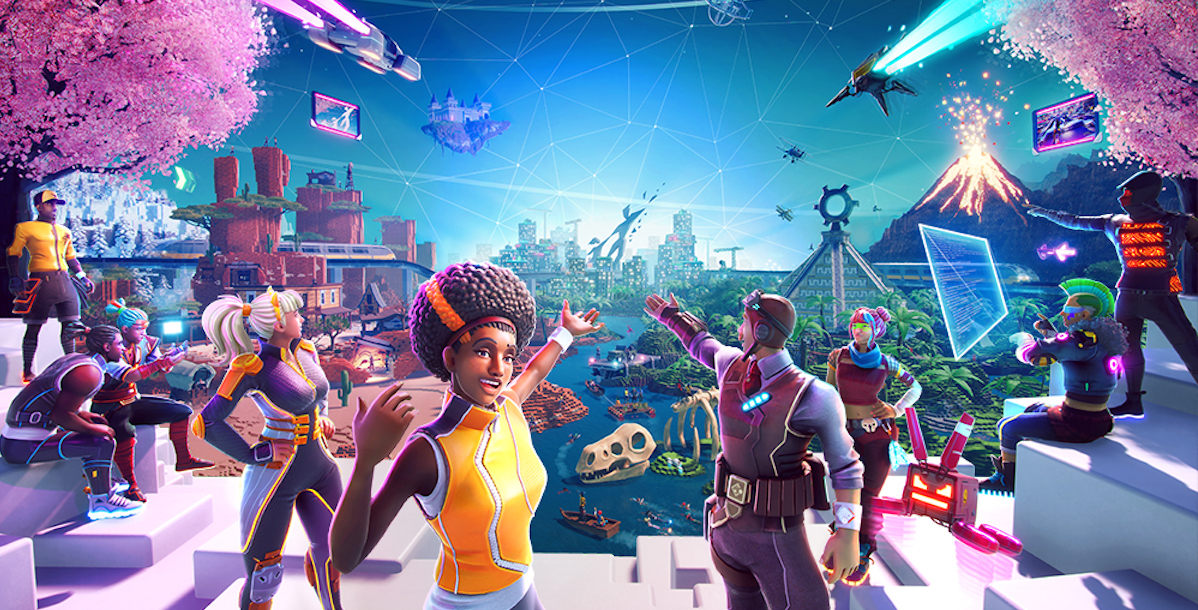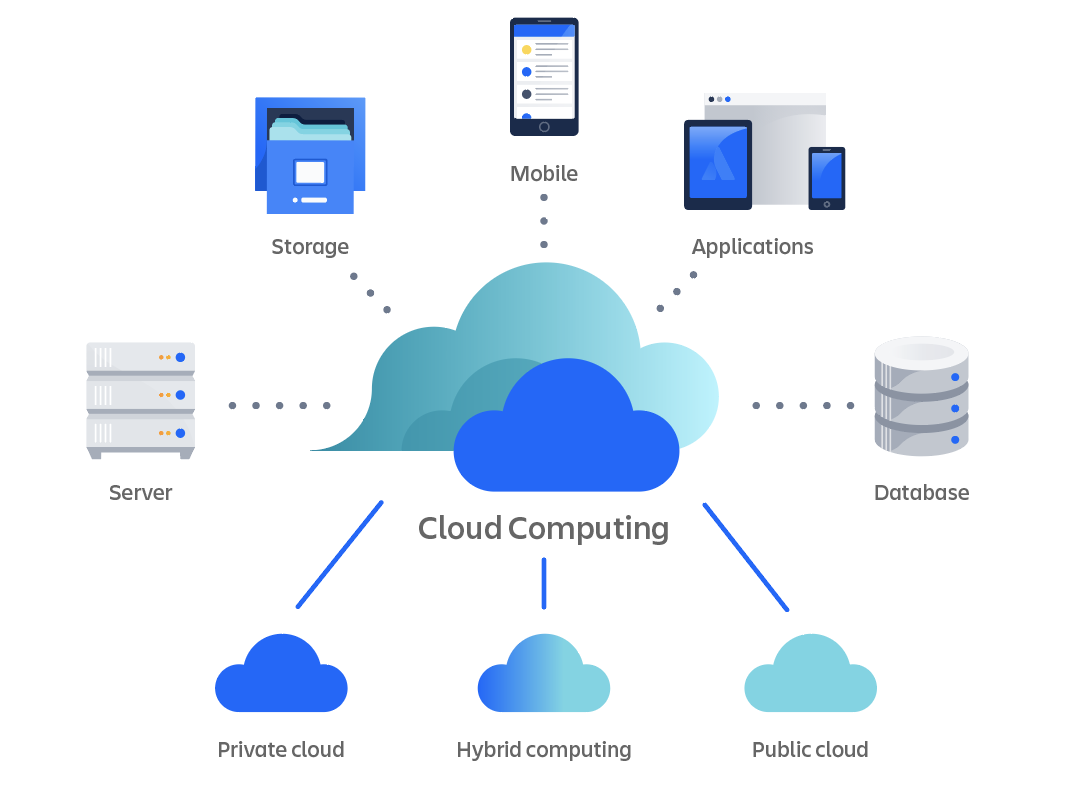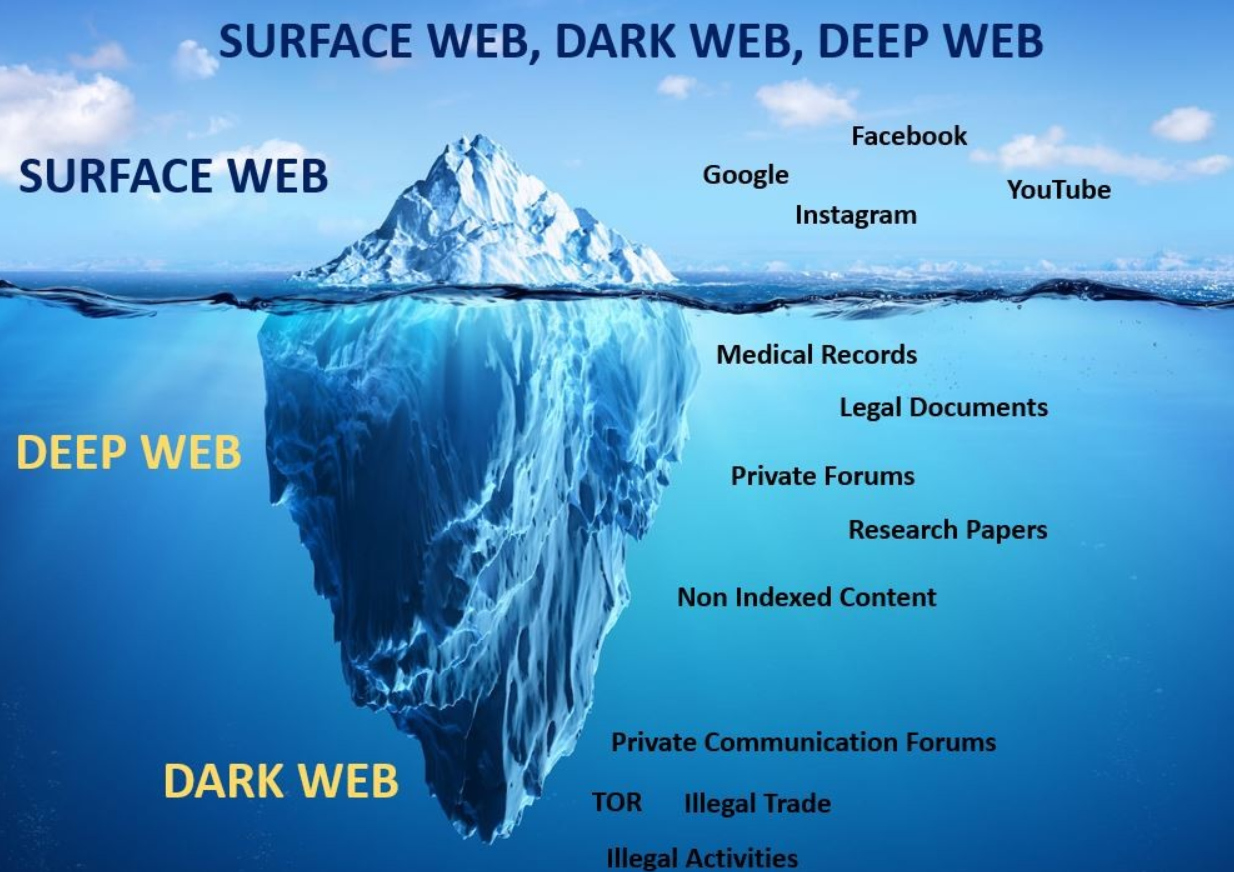
The metaverse is often seen as the next evolution of the internet, offering immersive virtual spaces where people can interact, work, and socialize. But will it replace traditional social media platforms like Facebook, Instagram, or X (formerly Twitter)?
How the Metaverse is Changing Social Interaction
- Immersive Experience: Unlike traditional social media, where interaction happens through text, images, and videos, the metaverse provides 3D virtual spaces where users can engage as avatars in real-time.
- Virtual Events & Networking: Instead of scrolling through feeds, users can attend virtual concerts, meetings, and hangouts in a shared digital space.
- Digital Ownership & Economy: With blockchain and NFTs, users can own virtual assets, including clothes for avatars, digital land, and unique items.
Challenges of the Metaverse as a Social Media Replacement
- Technology Barriers: High-speed internet, VR headsets, and powerful computers are required for a full metaverse experience, limiting accessibility.
- User Adoption: Not everyone is comfortable with VR or AR. Many users prefer the simplicity of traditional apps.
- Privacy & Security Concerns: The metaverse raises new issues, such as data tracking, identity theft, and digital harassment, making regulation crucial.
- Time & Convenience: Traditional social media allows quick interactions, while the metaverse requires more time and engagement to participate.
Future Outlook
While the metaverse enhances social media, it may not completely replace it. Instead, platforms may integrate metaverse features, allowing users to seamlessly switch between traditional and immersive experiences. Major tech companies like Meta (Facebook), Microsoft, and Google are investing heavily in metaverse development, signaling a future where both forms of social interaction coexist.
What Do You Think?
Will the metaverse become the new social norm, or will traditional social media remain dominant? Share your thoughts!



Leave a Reply